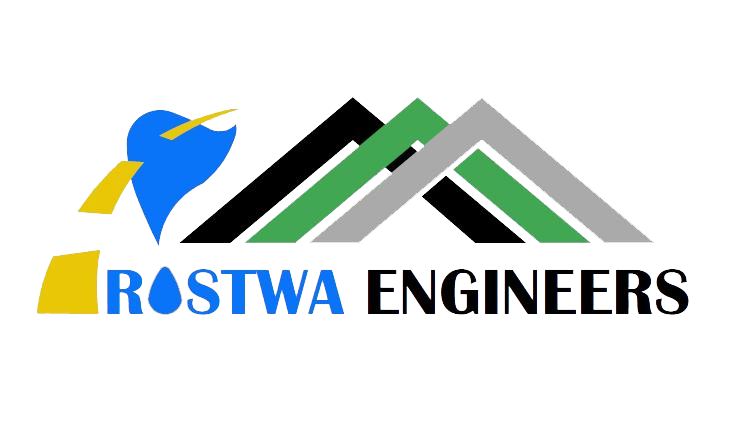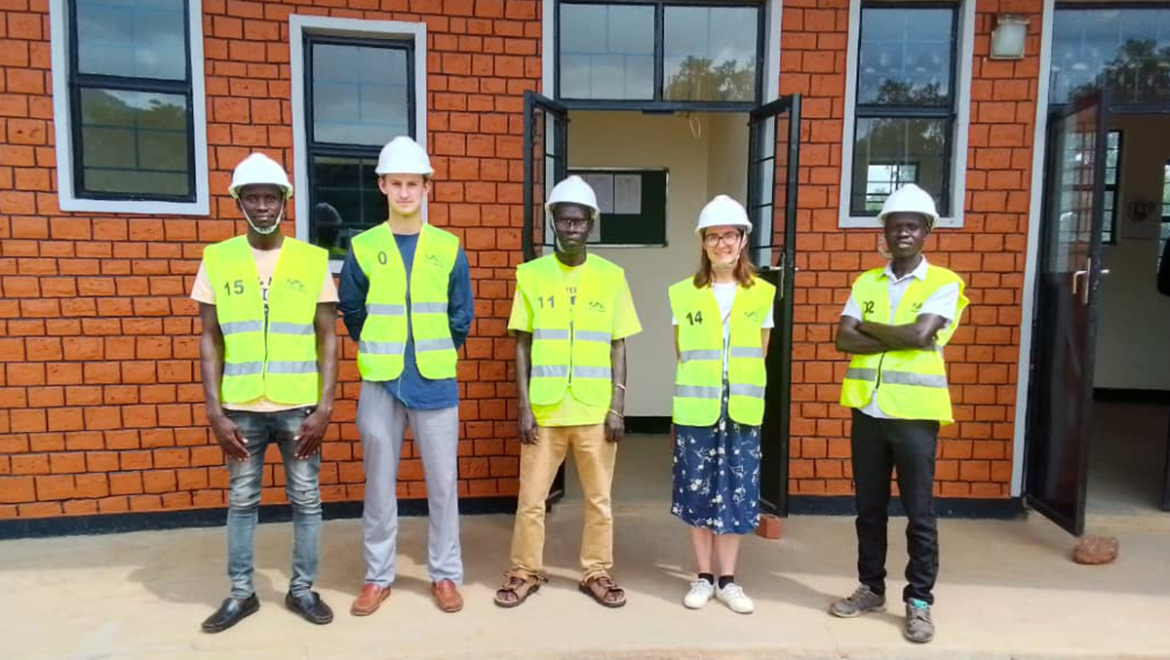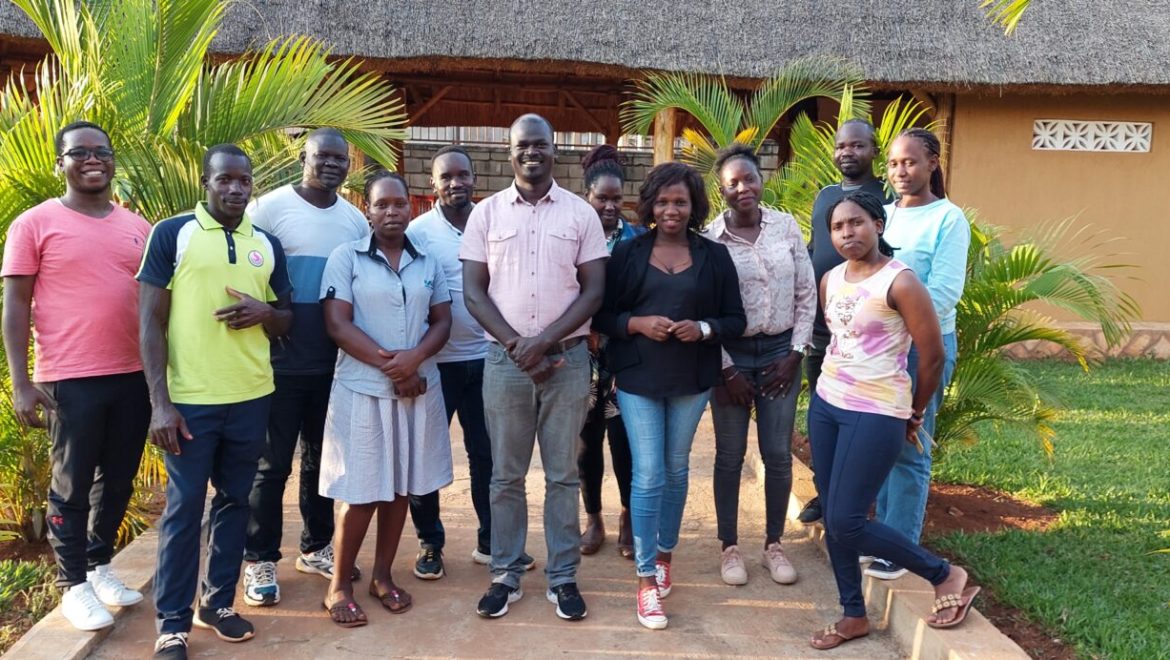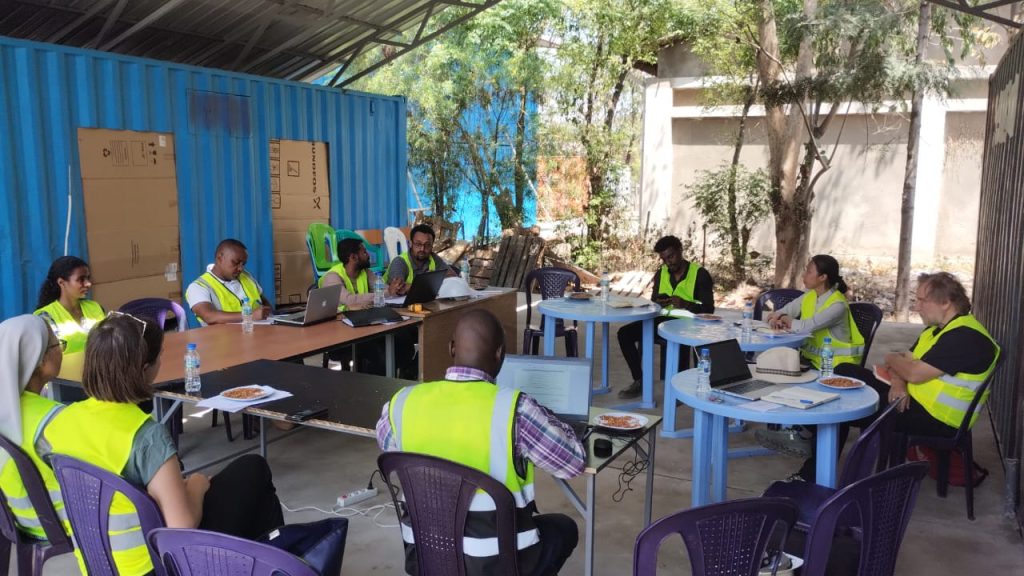How Will Your Story Unfold from 2023 to 2024?
As we stand on the cusp of a new year, it’s an opportune moment for the members of our esteemed engineering community to pause and reflect on the strides we’ve made throughout 2023. Beyond the realm of technical innovations and project accomplishments, our personal journeys within the professional landscape deserve acknowledgment and contemplation.
Acknowledgement: Let’s take a moment to acknowledge the collective wins we’ve experienced within our professional and personal spheres. From successful project completions to earning certifications that elevate our expertise, each achievement contributes to the tapestry of our shared success.
Navigating Challenges – In the dynamic field of engineering and of course personal life, challenges are not roadblocks but rather opportunities for growth. Reflect on instances where adaptability, problem-solving, and leadership skills were put to the test. It’s in these moments that true resilience emerges.
Learning Every Day –Our commitment to excellence in engineering and personal aspects of life necessitates a dedication to continuous learning. Consider the new skills you’ve acquired, the courses you’ve engaged with, and the knowledge you’ve sought to remain at the forefront of our ever-evolving industry and the personal life you’re living.
Balancing Work and Personal Well-being: As we delve into our reflections, let’s not forget the importance of maintaining equilibrium between our professional pursuits and personal well-being. Strategies for a healthy work-life balance, stress management, and overall well-being should be woven into the narrative of our professional narratives.
Strategic Vision for the New Year: Now, let’s cast our sight towards the horizon of 2024. It’s time to set intentions and goals that align with our professional and personal aspirations. Consider formulating S.M.A.R.T. goals — Specific, Measurable, Achievable, Relevant, and Time-bound — that will propel your career and personal life forward.
Being Positive and Open to Change – In the face of challenges and opportunities alike, let’s collectively embrace a growth mindset. The professional and personal landscapes are ever evolving, and the willingness to learn from challenges, seek feedback, and continuously adapt positions us for sustained success. Its literally a fulltime job to have a positive mindset.
Cultivating Professional Networks – Recognize the strength in our collective connections. Consider expanding your professional network, engaging with peers, and participating in industry events. Our collaborative efforts fuel innovation and mutual advancement.
Conclusion: As we bid farewell to 2023, let the insights gained from this reflection guide your path toward a future marked by both professional excellence and personal fulfillment. The journey is ongoing, and each step forward is a testament to our collective commitment to professional and personal excellence.
We would like to hear from you our esteemed community members, to share your reflections, goals, and strategies for the upcoming year. We believe in the exchange of insights; we strengthen not only our individual paths but also the fabric of our collaborative professional community.
Here’s to a new year filled with growth, achievements, and collective success.










